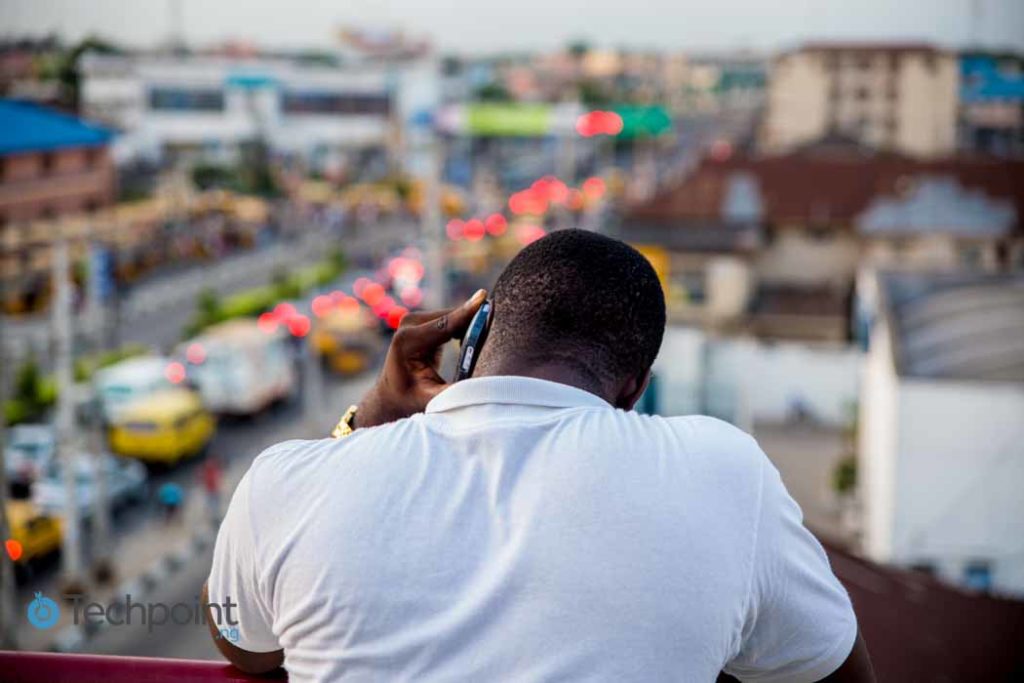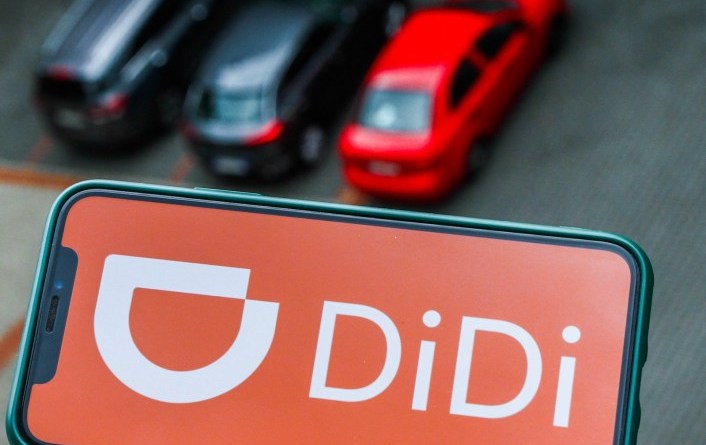Good day,
Today I’m discussing:
- Telco losses in the Zamfara communications blackout
- DiDi’s Nigeria launch
Telco losses in the Zamfara communications blackout

Another Monday and I’m back with some interesting info on the Zamfara telco shutdown.
According to Daily Trust, it appears telcos might have lost upwards of ₦6 billion due to the communications blackout.
How? Daily Trust says it arrived at this figure via the simple art of calculation.
By multiplying the Average Revenue Per User (ARPU) of telecommunication services by the total number of subscribers in the state, they arrived at an estimate of ₦6.3 billion ($15,301,729.80) in losses.
What’s an ARPU? It’s the total revenue divided by the number of subscribers of telecom operators per month. Nigeria’s ARPU stands at $4.14 (about ₦2,500).
But…number of subscribers in Zamfara? Usually, the Nigerian Communications Commission (NCC) says it’s difficult to get the exact number of telecom users in a state due to users’ mobility.
However, per Daily Trust’s source, a senior official at the NCC, there are probably five to six million active telecom users in Zamfara State.
Say we use the five million estimate, in a month, telcos make ₦12.5 billion ($30,360,575) from Zamfara State. In two weeks, that would amount to about ₦6 billion ($14,573,076).
The blackout, which was to last for two weeks, ended on Friday, September 17, 2021.
To put all of this in context, the total number of active telecom subscribers across Nigeria currently stands at 187.4 million, according to the NCC. This means that telcos make an average of ₦468.5 billion ($1,137,914,351) monthly.
But, there’s the little fact that ARPU gathers data from the lowest to the highest. So, Zamfara’s numbers might be lower or higher than the average, meaning we might not even have accurate figures using Daily Trust’s calculations.
₦6.3 billion < ₦468.5 billion. This is probably a drop in the ocean to the telcos — 1.3% — but for an industry currently recovering from the aftermath of the SIM registration ban, any little thing most likely counts.
DiDi’s Nigeria launch

Rumour has it that Chinese ride-hailing company, DiDi, might be launching in Nigeria soon.
Any truth to this? Although the company has not released an official statement, this job listing for a Driver Center Manager in Lagos State, Nigeria, suggests there might be some fire under this smoke.
The role which was posted two months ago already has 32 applicants. The company is no longer receiving applications.
The Driver Center Manager would be in charge of defining experience and operations strategy for the programme, among other things.
The Nigerian ride-hailing market already has two major players, Uber and Bolt. However, both companies have their fair share of challenges. Government policies, driver strikes, and customer complaints about price surges are part of the bigger picture in the space.
Some users in Lagos have even taken to using newcomer, inDriver as an alternative to both.
Launching in Africa is part of DiDi’s 2021 plans, and the company launched in South Africa and Egypt this year, although it considers the latter a part of its Middle Eastern chain.
Interestingly, the company seems to be facing some heat on the home front, with Chinese regulators investigating its customer data handling and ordering the removal of the app from mobile app stores in China. Since then, the company’s shares have fallen more than 50% below its IPO price.
Also, according to the South China Morning Post, DiDi’s daily active users have plunged 30% since its IPO. One question: Is expanding to new markets an answer to this problem? What do you think? Please leave a message in the comments.
To compete in the Nigerian market, DiDi might need to look to its South African strategy where it has tiered its offerings.
The company provides three options: DiDi Go which is the low-cost option for customers with low financial capacity; DiDi Express, which is the standard service for those seeking to balance price and comfort; and DiDi XL, which is for people who need more space, with a capacity of up to seven seats.
Will this be enough? We can’t know until the company launches in Nigeria.
Catch up on these stories
- A chat with Mopewa Ogundipe, Nigerian-born engineer behind Clubhouse’s Android app
- As global central banks develop digital currencies, what does this mean for Bitcoin and other cryptocurrencies?
- How early-stage venture capital firm, Saviu Ventures, is funding Francophone African startups
- A look at the increasing relevance of the global edtech industry
- 7 things you need to know about Wave, Francophone Africa’s first Unicorn
- Blockchain-powered proptech startup, Seso Global, wants to change the African real estate scene with one commodity: trust
- After failing at 4 startups, Obasegun Ayodele is making hardware accessible to Africans with Vilsquare
What I’m listening to/reading/watching
- I have an eclectic music taste and while writing this newsletter I listened to this, this, and this. Which one is your favourite?
- Godwin Emefiele understands the assignment. Read
- China will punish its own companies if they break laws in the Democratic Republic of Congo. Read
- How the Internet Is Changing the Migrant Experience. Read
- Hushpuppi: the Instagram influencer and international fraudster. Watch
Opportunities
- To support AI-enabled startups in Africa, Data Science Nigeria (DSN) AI Startup lab is organising an AI Startup summit.
- Theme: Building Nigeria’s Artificial Intelligence Unicorns: How to build scalable startups leveraging AI and Exponential technologies.
- Date: Tuesday, September 21, 2021.
- Time: 5 p.m. (WAT)
- Venue: Zoom
To register for the Webinar, click here.
- Coinprofile is hiring. Apply here
- Big Cabal Media is looking for a Senior Sales Manager. Apply here
- Geneo UK is looking for Lagos-based Angular developers. Talk to Jenni Essien here
Have a splendid week ahead!





